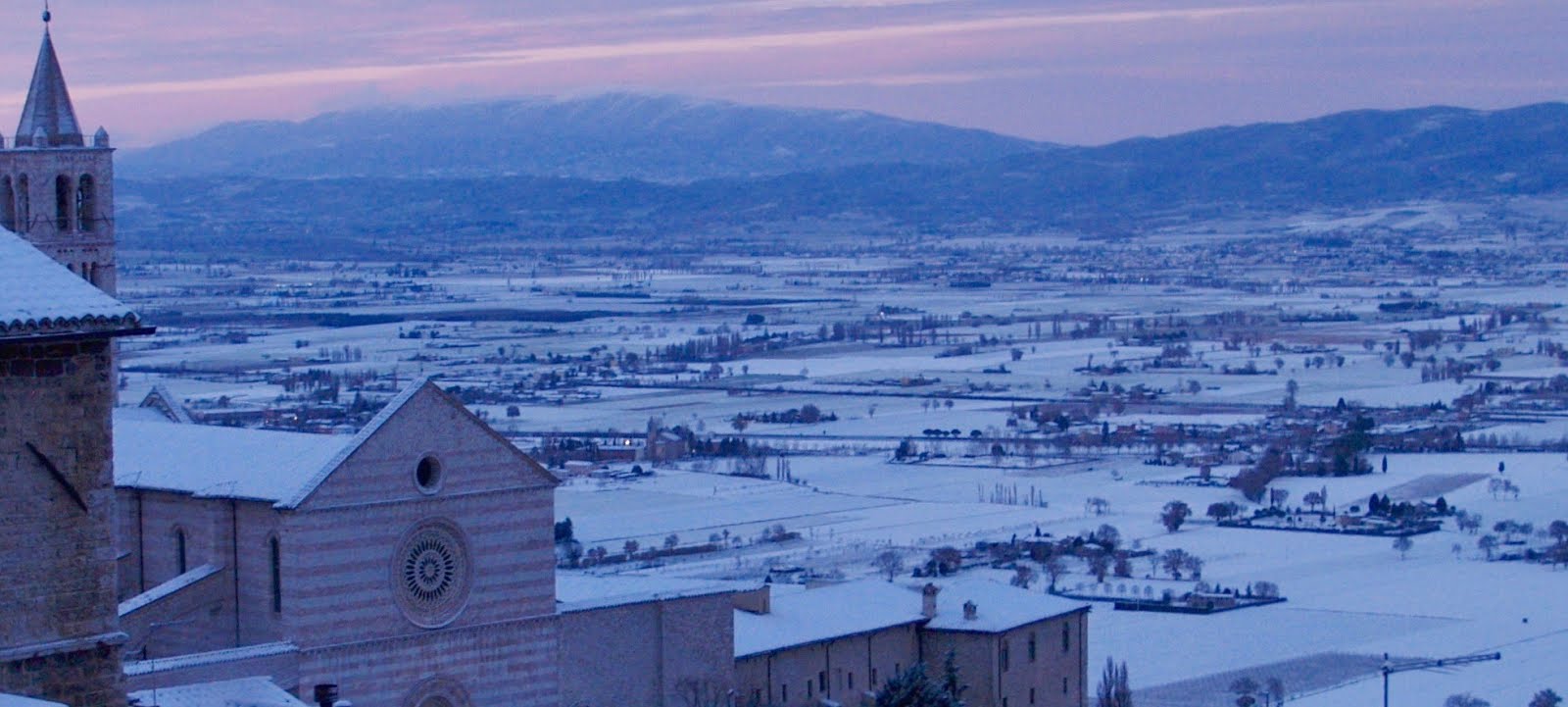To each and every one of you, on behalf of Bishop McManus, Father Diego and myself, I wish a joyful and grace-filled Christmas. I am delighted you managed to negotiate your way through the reservation system and find your way to a seat in this glorious cathedral, all decked out for Christmas.
Including our manger scene, which has been cleaned, repaired and repainted, and I am deeply grateful to Kristine and Mary for their hard work, which you may have read about in the Catholic Free Press a few weeks ago. It really does look beautiful. Almost as beautiful as that night in Bethlehem.
That night when a young virgin on the back of a donkey was led by her aging husband to Bethlehem, so he could sign up for the Roman census. And, as you just heard, they could not find a place to stay, so they ended up in a manger.
Manger is a funny kind of word, for it exists only in the Gospel. It means literally a feed box, as a contemporary translation of Saint Luke reminds us: “she had her first baby and laid him in a feed box because there was no room for them in the place where travelers stayed.”
Being born in a manger was probably dirty and smelly and far from as comfortable as a bed. Plus it was on the outskirts of the most out of the way town in Galilee, at a time when mothers and their children frequently died during childbirth, even in the most hygienic of settings (which this stable was not).
Galilee in the time of Jesus was a place of sickness and disease, trying desperatelyto recover from an epidemic of tuberculosis.
So why of all the times and all the places in the long history of the world, did God choose a stinking animal stable in a disease infested backwater as the birthplace of his Son?
And why of all the times and places in the long history of the world, does God choose this time in this Cathedral, in a pandemic infested in world, so confused and afraid, so sinful and sorrowful, so dark and so cold?
And therein is the mystery of this night. For he came because he cherishes us, in all our stinkiness and disease infested littleness. He came because he loves us not in our brilliance or our sanctity, our accomplishments or our power, but in our brokenness, in our littleness, in our trembling in the face of pandemic sickness, in our first fear of losing those we love, in our confusion and uncertainty, in our weakness and in our pain. He loves us.
And on this night that weak little child in the crib takes up our littleness, our brokenness and our fears and carries them to the Cross, where he joins them to his own flesh and offers them up in a pure sacrifice of love
As the prayer says tonight: “he humbled himself to share in our humanity,
that we may share in his divinity.”
He came to feel in his own heart the same betrayals which have so many times broken yours,
He came to tremble in the face of death, the way you have by the grave or the ICU,
He came to know the humiliation of falling down just like you,
He came to weep the same tears that streamed down your cheeks,
He came to bleed with the same blood that flows through your veins,
For he with human hands, thought with a human mind, acted with a human will and loved with a human heart, just like yours.
And he did so not with “the splendor of a sovereign who dominates the world with his power, but with the humility of a child.”
Born of the Virgin Mary, he was made one of us in all things except sin.
For, in the words of a great mystic:
“He who was invulnerable asked to…feel cold and heat, hunger and thirst, weakness and pain.
He who…made all things asked to be poor…
He who was entirely sufficient to himself, asked…for a heart that might be broken.”
And therein lies the definition of love and the definition of this night: that it is not in our greatness or our power or our successes that we find the meaning of life. But in being little, obedient and loving…
Like the baby in the crib and the man on the Cross.
O come, let us adore him!







